Description
Echinacea Extract: A Natural Remedy with a Rich History and Potential Benefits
Echinacea extract, derived from the vibrant purple coneflower, has become a household name in the realm of natural remedies. For centuries, Native American tribes have utilized this herb for its medicinal properties, and modern science is gradually catching up, investigating its potential benefits in supporting the immune system and overall well-being. This article delves into the history, composition, potential benefits, and considerations surrounding the use of echinacea extract.
A Legacy Rooted in Tradition:
Echinacea boasts a rich history deeply intertwined with Native American traditions. Tribes like the Plains Indians used various species of echinacea to treat a wide range of ailments, from wounds and burns to snake bites and infections. They recognized its power in promoting healing and bolstering the body’s natural defenses. This profound understanding of echinacea’s therapeutic potential paved the way for its eventual adoption into Western herbal medicine.
What Makes Echinacea Tick? Composition and Key Compounds:
Echinacea’s purported benefits stem from its complex chemical composition. The extract contains a variety of bioactive compounds, including:
- Alkylamides: These compounds are believed to interact with the body’s cannabinoid receptors, potentially offering anti-inflammatory and pain-relieving effects.
- Polysaccharides: These complex carbohydrates may stimulate the immune system by activating macrophages (immune cells that engulf and destroy harmful substances).
- Flavonoids: These antioxidants protect cells from damage caused by free radicals, contributing to overall health and well-being.
- Caffeic Acid Derivatives (like Cichoric Acid): These compounds exhibit antioxidant and antiviral properties.
The specific composition and concentration of these compounds can vary depending on the species of echinacea used (e.g., Echinacea purpurea, Echinacea angustifolia, Echinacea pallida), the part of the plant used (roots, leaves, flowers), and the extraction method employed.
Potential Health Benefits – Exploring the Evidence:
While research is ongoing, echinacea extract has shown promise in several areas:
- Boosting Immunity: Echinacea is perhaps best known for its potential to support the immune system. Some studies suggest it may reduce the duration and severity of the common cold. The exact mechanism is still under investigation, but it’s believed to involve stimulating immune cell activity.
- Wound Healing: Historically used for wound care, echinacea may possess properties that promote tissue regeneration and reduce inflammation, facilitating faster healing.
- Anti-inflammatory Effects: The presence of alkylamides and other compounds suggests echinacea may help reduce inflammation in the body, potentially beneficial for managing inflammatory conditions.
- Antiviral Activity: Certain compounds within echinacea extract have demonstrated antiviral activity in laboratory settings, offering potential for fighting viral infections.
Important Considerations and Potential Side Effects:
While generally considered safe for most people, it’s crucial to be aware of potential side effects and interactions:
- Allergic Reactions: Individuals with allergies to plants in the daisy family (Asteraceae/Compositae), such as ragweed, marigolds, and chrysanthemums, may experience allergic reactions to echinacea.
- Gastrointestinal Issues: Some individuals may experience mild gastrointestinal upset, such as nausea or stomach cramps.
- Autoimmune Conditions: People with autoimmune diseases should consult with their doctor before using echinacea, as it may potentially stimulate the immune system.
- Drug Interactions: Echinacea may interact with certain medications, so it’s essential to inform your healthcare provider about all supplements and medications you are taking.
- Dosage and Form: Echinacea is available in various forms, including capsules, tablets, liquid extracts, and teas. Dosage recommendations vary depending on the product and the condition being treated. Always follow the instructions on the product label or consult with a healthcare professional.
Conclusion:
Echinacea extract holds a significant place in the history of natural medicine, with a legacy deeply rooted in Native American traditions. Modern research is continuing to explore its potential benefits for immune support, wound healing, and inflammation reduction. While promising, it’s crucial to approach echinacea with awareness, considering potential side effects and interactions. As with any natural remedy, consulting with a qualified healthcare professional is essential before incorporating echinacea extract into your wellness routine to ensure its safe and appropriate use. By understanding its origins, composition, and potential benefits, individuals can make informed decisions about incorporating this time-honored herb into their pursuit of health and well-being.

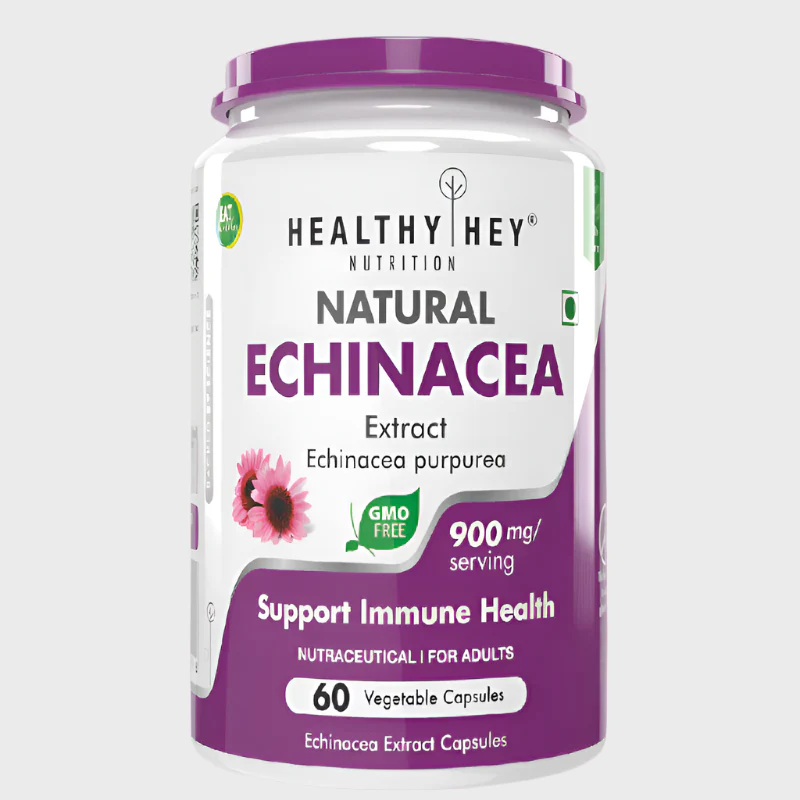

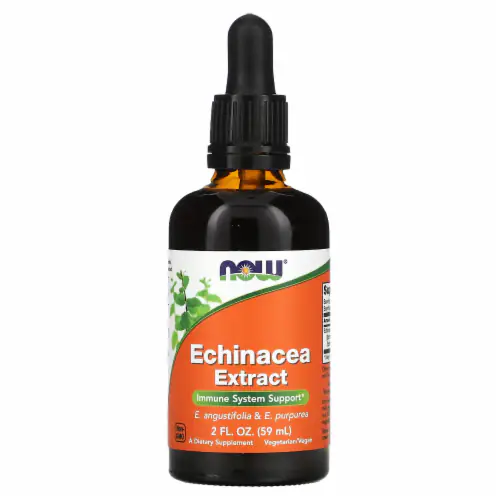
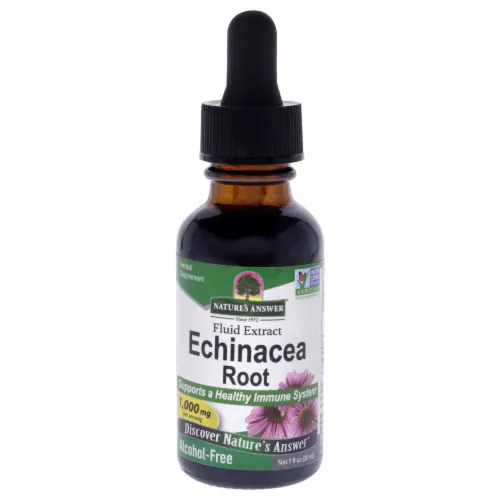



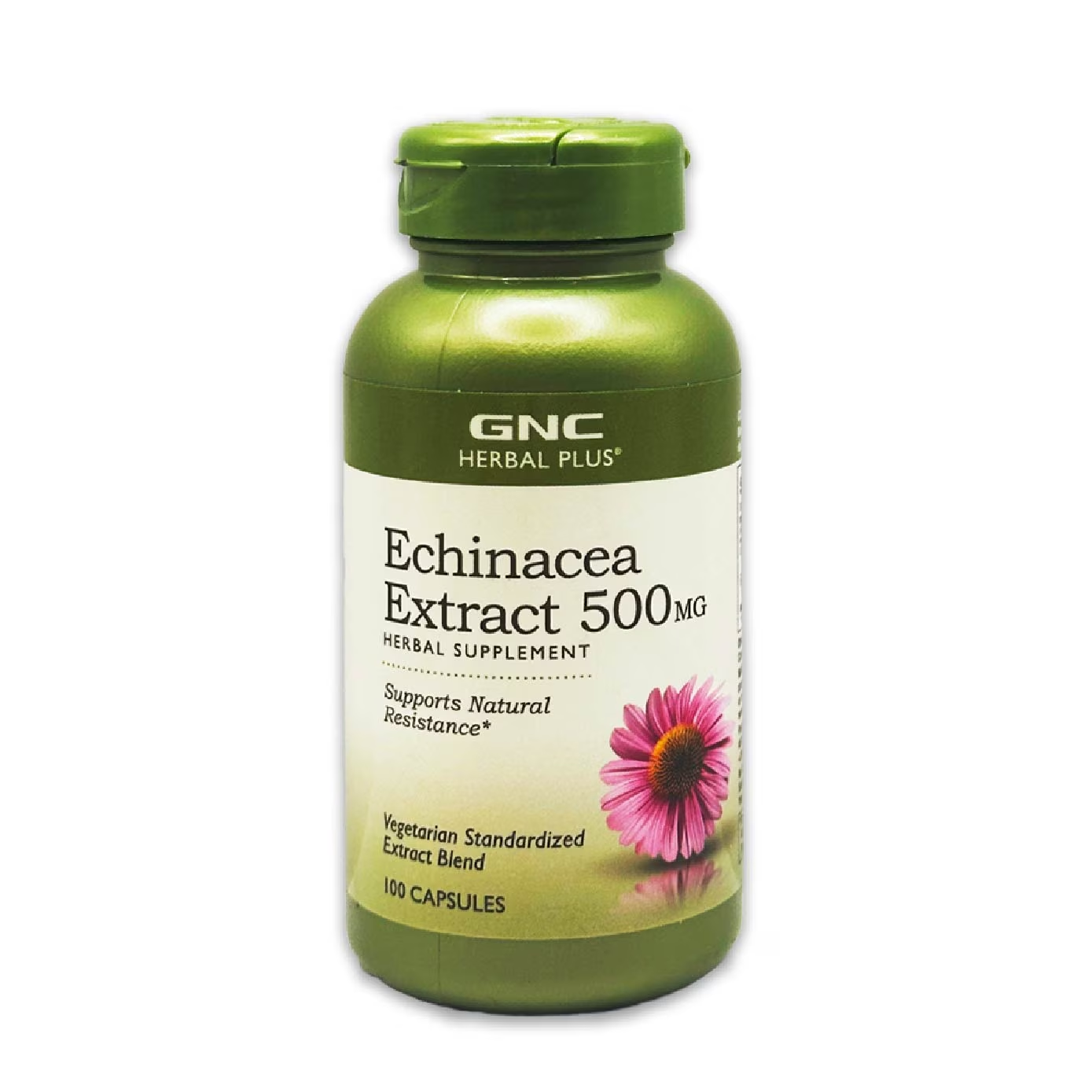

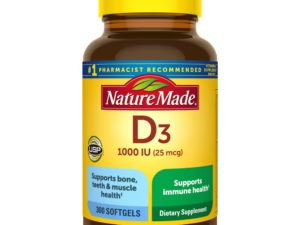
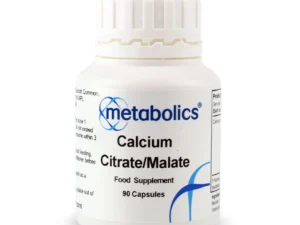

Reviews
There are no reviews yet.